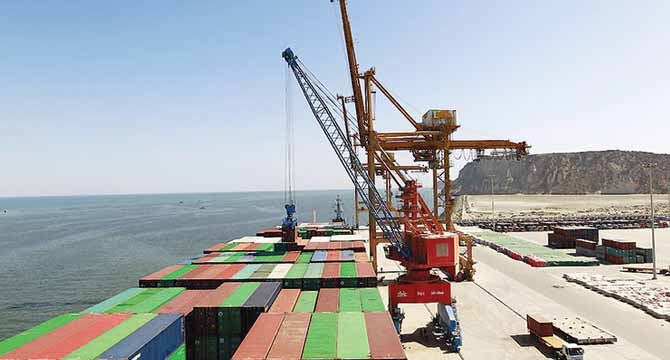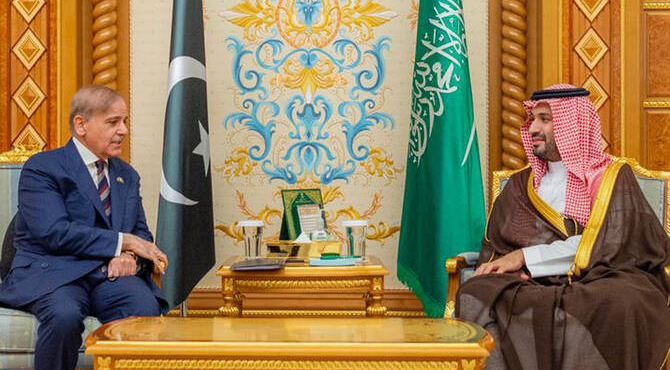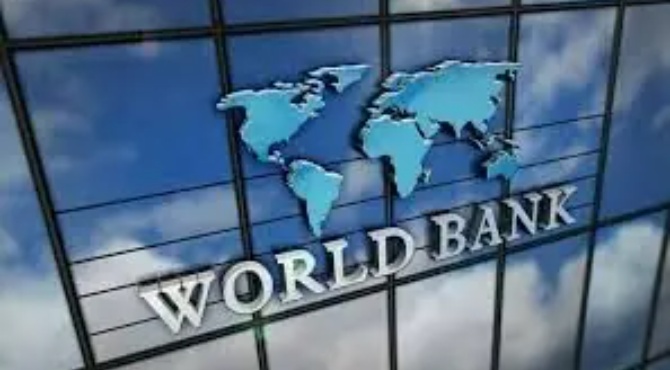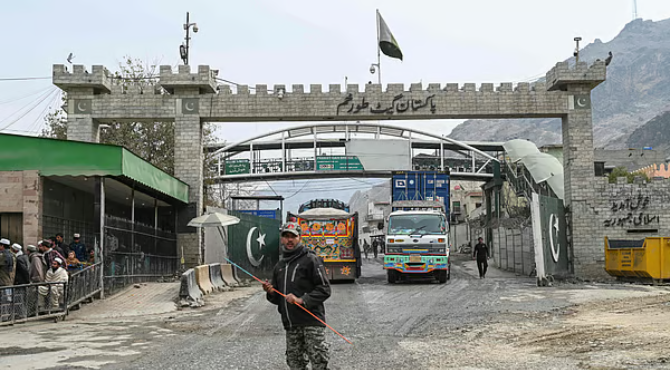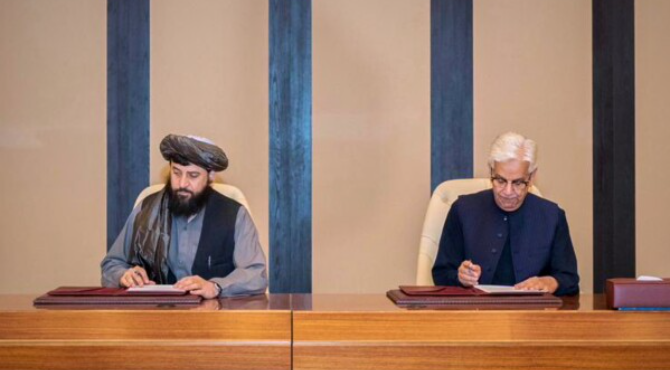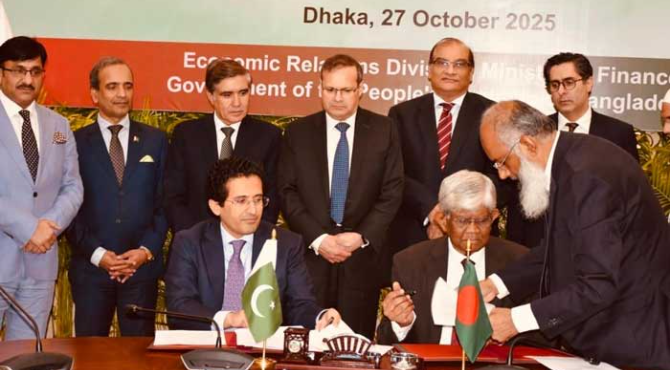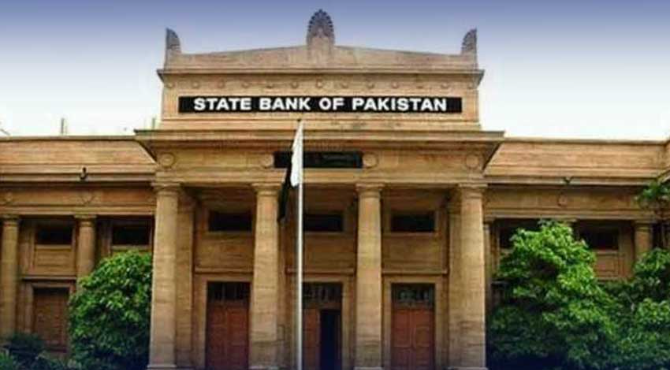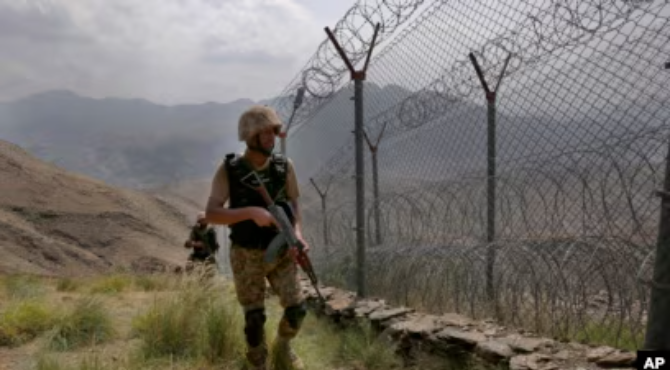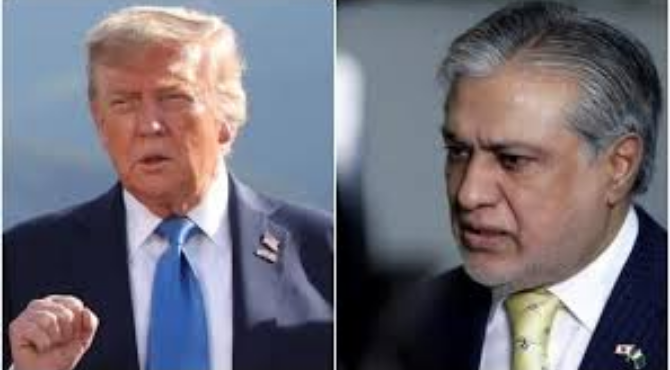Islamabad (National Times)- The China-Pakistan Economic Corridor (CPEC) has brought prosperity to poor areas in Pakistan including those in southwestern Balochistan province, Khalid Mansoor, special assistant to Pakistani Prime Minister on CPEC affairs said on Thursday.
Speaking at the session “CPEC in the Emerging Regional Scenario” organized by Islamabad-based think tank the Sustainable Development Policy Institute, the official stressed that CPEC has contributed to resolving the electricity shortage in Pakistan — a big hurdle to industrial development.
Before the commercial operation of a number of energy projects under CPEC, Pakistan was suffering probably its most severe power crisis, with 12-18 hours of load shedding in a day, interrupting industrial production.
“Whatever power we were producing was most expensive, and not competitive in the international market, and that was the reason we were losing export orientation,” Mansoor said.
He said his country wants to have cost-effective power, and wants to make use of coal mines in the southern Sindh province.
“Unfortunately, no funding was available for the power projects. So this is when we really resorted to China, and thanks to China for really helping us out,” he said.
The official noted that the coal-fired power plants under CPEC have installed the state-of-the-art technology to make electricity production eco-friendly.
“There used to be propaganda that Pakistan is installing coal power plants which will emit dark soot in the air. I challenge you that if you visit CPEC coal power plants, you will witness that rather than throwing dark soot into the air they are emitting very clean and clear flue gas, and their walls and floor are cleaner than those in your drawing rooms,” he said.
Mansoor said CPEC has enhanced Pakistan’s connectivity to the Middle East, Central Asia and Africa, through making the country well-connected internally to a network of motorways, roads and the Gwadar port.
He said the phase 2 of CPEC which focuses on industrial, agricultural and socio-economic cooperation is more promising, with more job opportunities expected.
“Once we start developing and executing the projects in the special economic zones, we are going to have the industrial revolution, and Pakistan is going to be the main manufacturing hub. We need to have the import substitution, and we need to have the export orientation,” he noted.
The official said his country should learn from China’s successful development experiences and follow the footsteps of China which developed strong industrialization by becoming a large manufacturing hub of the world.
He said Pakistan has a very compatible environment for foreign industries to get relocated here as labor in Pakistan is very cheap, adding that the country will encourage companies from China and any other countries to invest in the special economic zones under CPEC in Pakistan.


